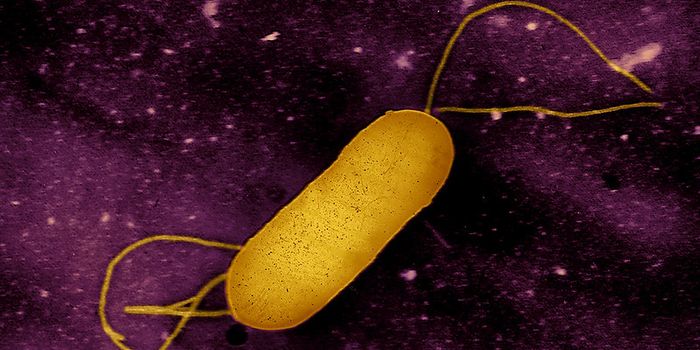What's really important in organic agriculture
Agriculture takes up over a third of the land area around the globe. In the last several decades, the politicization of organic agriculture has become mainstream, with perspectives on both sides of the organic versus intensive agriculture becoming fierce. Recently, a study in Nature Communications claimed that organic agriculture is in fact worse for the climate because it ultimately uses more land to compensate for lower yields. The claim published in that study arrived at this conclusion by an analysis of the environmental impacts of agriculture and food through Life Cycle Assessment (LCA), the most common assessment method for such matters. However, in response to that study and the wide audience it received, a new study published in the journal Nature Sustainability argues that this perspective lacks the complexity of organic agriculture, and is thus unfounded.
This responding study comes from three researchers from France, Denmark, and Sweden who have taken it upon themselves to analyze the LCA system. They claim that the LCA method is overly simplistic and misses the benefits of organic farming.
"We are worried that LCA gives too narrow a picture, and we risk making bad decisions politically and socially. When comparing organic and intensive farming, there are wider effects that the current approach does not adequately consider," says Hayo van der Werf of the French National Institute of Agricultural Research.
The researchers say that LCA does not consider several key factors such as biodiversity, soil quality, pesticide impacts, and societal shifts.
"Our analysis shows that current LCA studies rarely factor in biodiversity, and consequently, they usually miss that wider benefit of organic agriculture," says Marie Trydeman Knudsen from Aarhus University, Denmark. "Earlier studies have already shown that organic fields support biodiversity levels approximately 30% higher than conventional fields."
Additionally, they are concerned that the LCA method concentrates primarily on product yields, evaluating environmental impacts per kilogram of product. This, they say, misses the bigger picture.
"LCA simply looks at the overall yields. Of course, from that perspective, it's true that intensive farming methods are indeed more effective. But this is not the whole story of the larger agroecosystem. A diverse landscape with smaller fields, hedgerows and a variety of crops gives other benefits -- greater biodiversity, for example," says Christel Cederberg of Chalmers University of Technology, Sweden.
Given the oversights in Life Cycle Assessment, the researchers are urging a revamping of the system. "Current LCA methodology and practice is simply not good enough to assess agroecological systems such as organic agriculture. It, therefore, needs to be improved and integrated with other environmental assessment tools to get a more balanced picture" says Cederberg.
Sources: Nature Sustainability, Science Daily








